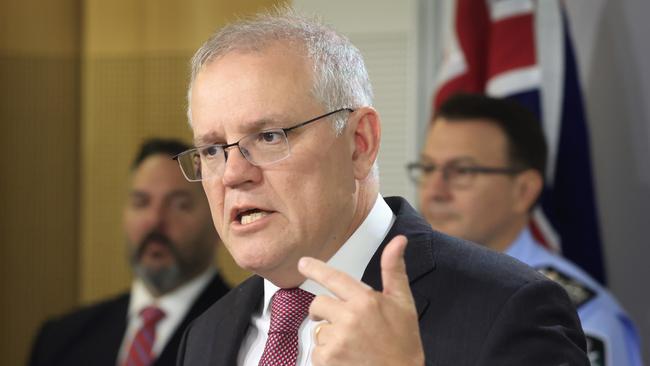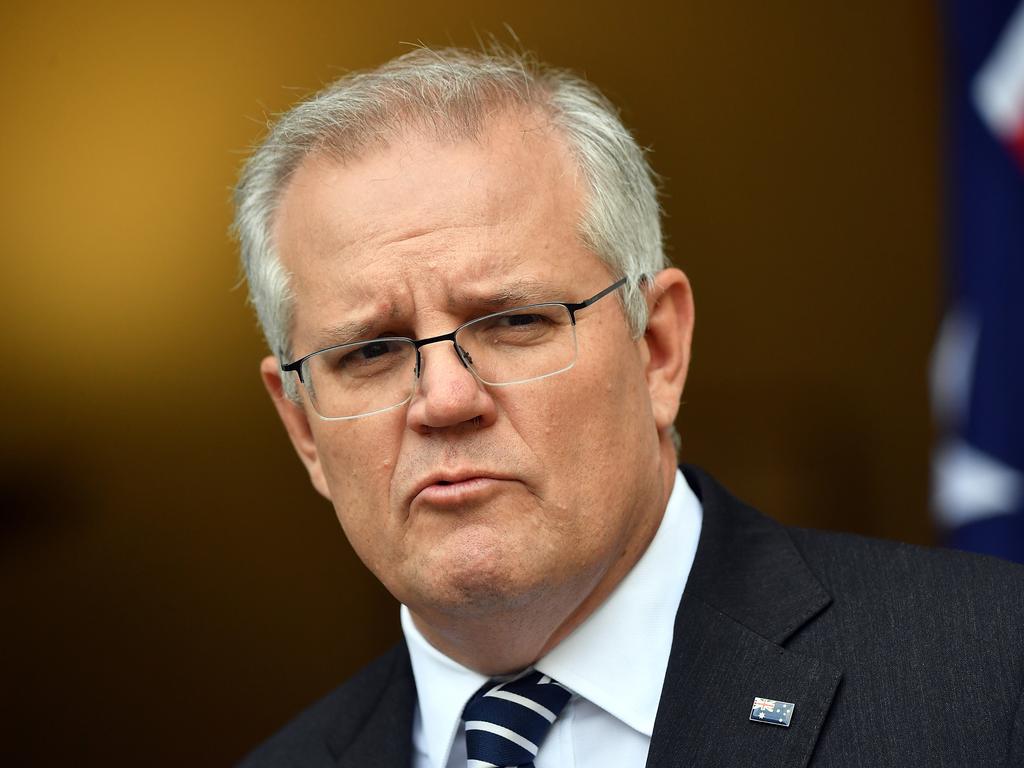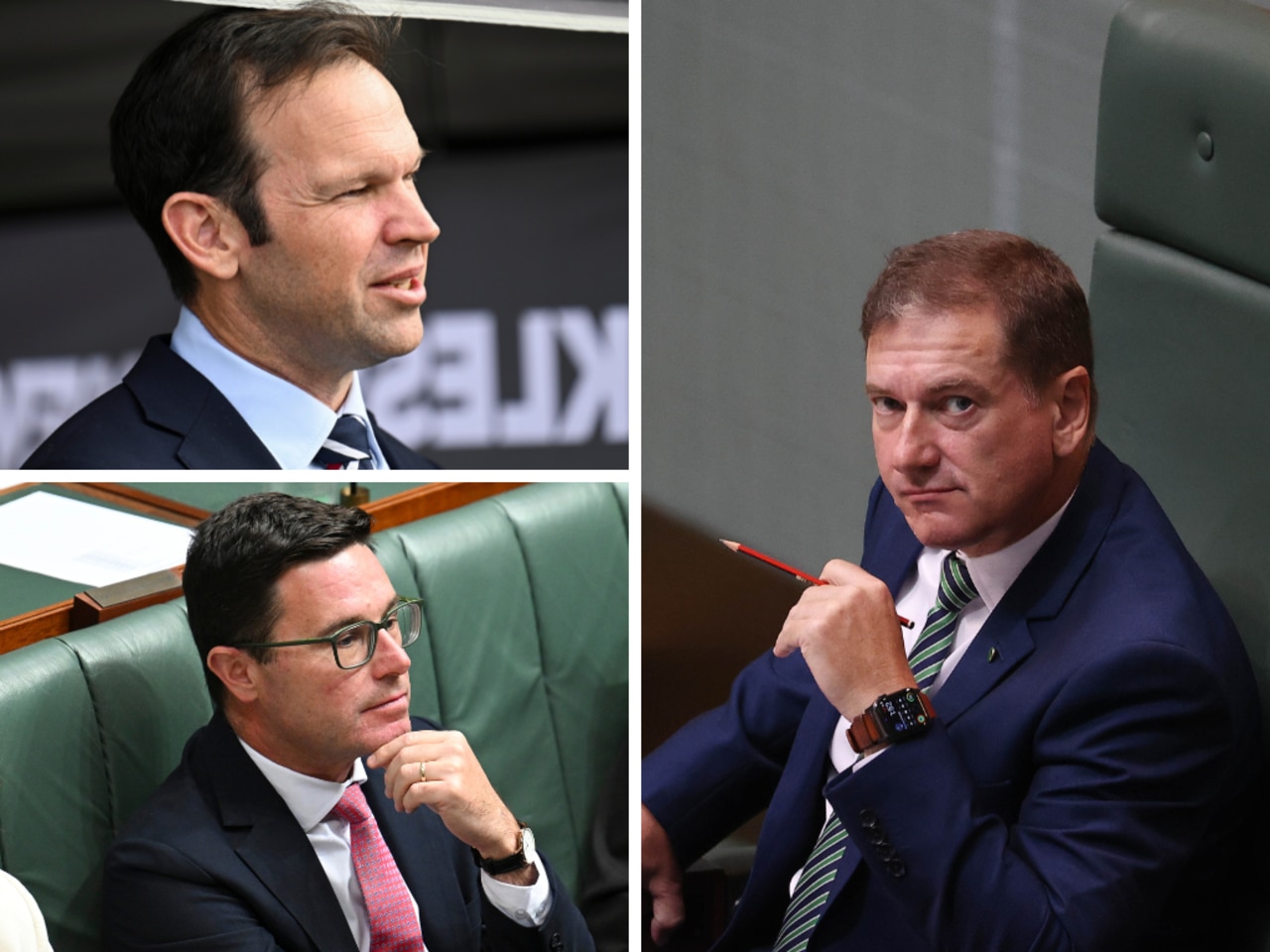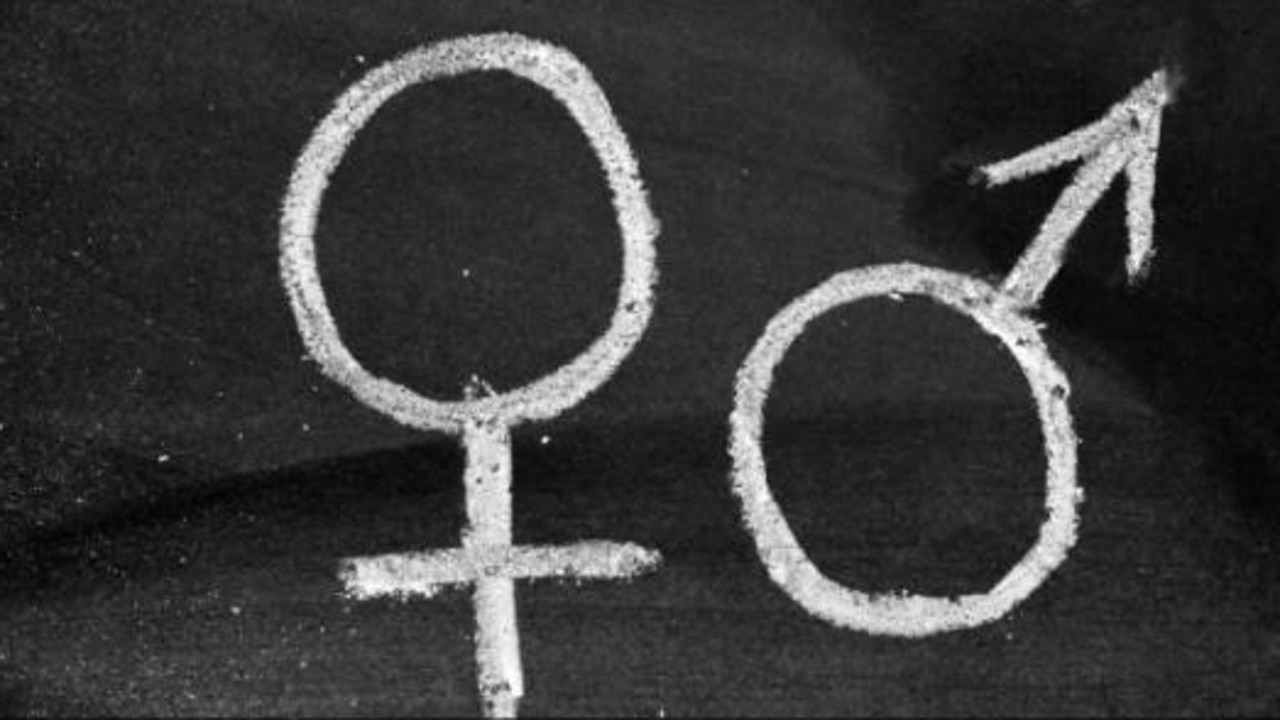Why 2021 might just be a federal election year

The longer the Coalition waits to hold an election campaign, the more uncontrollable issues enter the fray. The risk that good economic news fades. Complications surrounding opening the borders. Further state based lockdowns. Early next year will also see the release of books about gender problems in Parliament House. These rushed-out reads won’t be sympathetic to Morrison’s plight, that’s for sure.
And the twin issues of quarantine and vaccinations may become more problematic early next year than they are later this year. For example, announcing purpose built facilities to replace hotel quarantine is an easy fix. Implementing the policy shift and delivering the facilities on time and on budget is more complicated.
The slow vaccination rollout now is a mild irritation. Australians are more relaxed than the commentariat about the rollout precisely because Covid is largely an overseas problem. But if it hasn’t adequately sped up by the time we get a few months into next year, that could change.
This week’s Newspoll highlights the degree of difficulty for Labor overcoming the Coalition’s share of the primary and two party vote. We saw a dip in the PM’s personal ratings, which nonetheless remain significantly higher than those of Anthony Albanese. The later an election campaign is held the greater the risk that Morrison’s personal support continues to fade. More distance between the pandemic and the election campaign isn’t advantageous to the incumbent.
No one should underestimate how central the economy will be to the next election campaign. Both the positive and negative messaging of the Coalition will centre on it. The government will sell itself as having secured the AAA credit rating, pushed unemployment to surprising lows, returned the size of the economy to its pre-pandemic levels, and delivered GDP growth the envy of the world.
All of that is true, and provides the chance for positive messaging despite the debt built up and the inflation challenges on the horizon.
The negative campaign the Coalition will run riffs off those challenges. Labor isn’t capable of keeping the economy on the safe footing it’s currently on. Labor would see debt spiral even more out of control. Labor would put the post pandemic economic recovery at risk. These political lines are more easily delivered later this year than early next. Before the end of year financial update. Before another budget which could highlight the bad not the good in our structural economic settings.
A poll later this year would also catch Labor on the policy hop. Yet to finalise its alternative plans, which would only make them more susceptible to political attacks.
Another reason an early election might be in the offing is the relative financial standing of the two major parties. Since the last election the Liberals have fundraised more effectively than Labor has. The dominance it has enjoyed politically has made doing so easier. The intertwined nature of business and government spending has also helped.
An early election would see a cashed-up Coalition competing with a cash-strapped Labor Party.
Ultimately, the Coalition will only call an election when it believes it is in a winning position. If its internal research has it out in front later this year expect a snap poll. As long as calling an early election isn’t met with voter cynicism, causing a backlash.
The six week break in the parliamentary sitting calendar in September and early October gives Morrison clear air (translation: it curbs parliamentary accountability) ahead of calling a four week campaign in the first half of October, to head to the polls in mid November. Time for his MPs in marginal seats to spend more time in their electorates rather than the nation’s capital. Reduced time for preselected Labor candidates to hit the hustings.
2021 might just be an election year.
Peter van Onselen is a professor of politics and public policy at the University of Western Australia and Griffith University.





The likelihood of an election this year has increased dramatically. The conventional wisdom of late has been that Scott Morrison will wait until next year to head to the polls, first hoping to bed down the bungled vaccine rollout and issues with hotel quarantine. But the political climate is more complicated than that and time may not be on the government’s side.